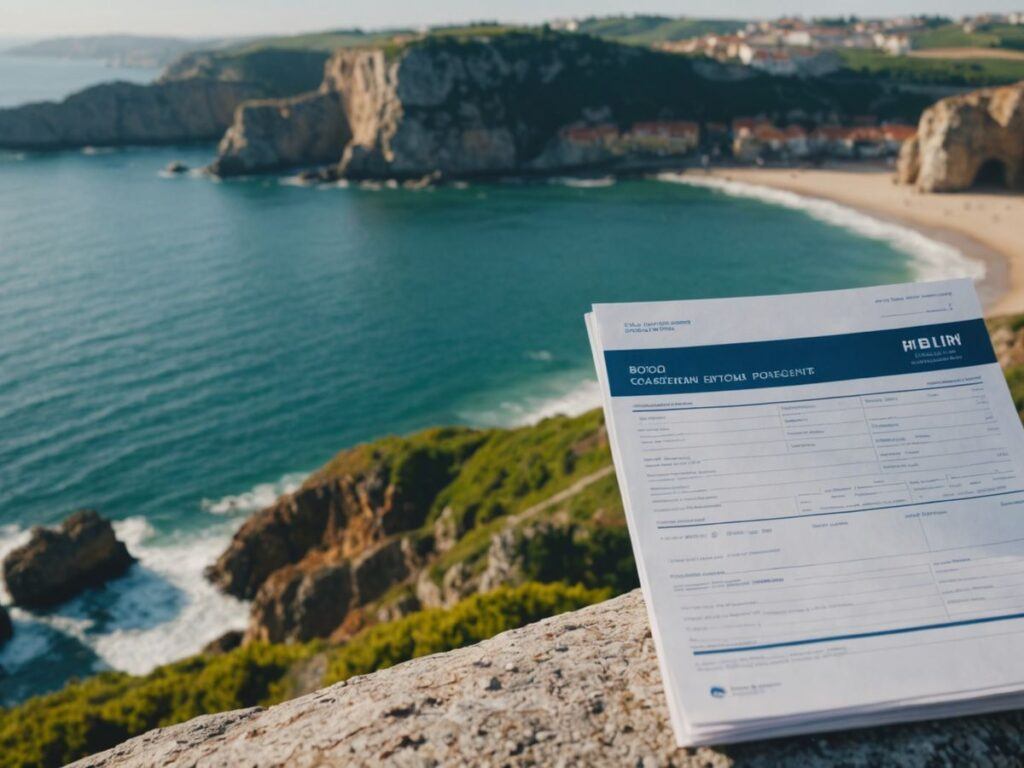Portugal is set to reintroduce tax breaks for foreign residents, a move that has previously faced criticism for inflating housing prices. The scheme, initially launched in 2009, aims to attract skilled professionals and investors to boost economic growth.
Key Takeaways
- Portugal plans to reintroduce tax breaks for foreign residents.
- The scheme was initially launched in 2009 to attract skilled professionals and investors.
- Critics argue that the scheme has inflated housing prices.
- The scheme offers a 20% tax rate on Portuguese-sourced income from high value-added activities.
- Tax exemptions are available on almost all foreign income if taxed in the country of origin.
- A 10% flat tax rate on pensions from a foreign source was previously included but will not be part of the new scheme.
- The scheme still needs to be approved by lawmakers.
Background
The Portuguese government is planning to reintroduce tax breaks for foreign residents, despite past criticism that the scheme contributed to rising housing prices. The finance minister announced the plan, which is expected to be officially revealed after a cabinet meeting.
The scheme, known as Non-Habitual Resident, was first introduced in 2009 during the financial crisis. It offered a special 20% tax rate on Portuguese-sourced income derived from high value-added activities, such as practicing medicine or teaching in universities. The goal was to attract skilled professionals and investors to Portugal, one of Western Europe’s poorest nations at the time.
Benefits of the Scheme
The Non-Habitual Resident scheme provided several benefits:
- A 20% tax rate on Portuguese-sourced income from high value-added activities.
- Tax exemptions on almost all foreign income if taxed in the country of origin.
- A 10% flat tax rate on pensions from a foreign source.
- Eligibility for Portuguese citizens who lived abroad for five years or more.
Criticism and Changes
Former Prime Minister Antonio Costa criticized the scheme last October, stating that it had inflated the housing market and was a "fiscal injustice." His government decided to discontinue it. However, in November, parliament extended the scheme until the end of 2024, with the condition that applicants had to prove they prepared their move to Portugal during 2023.
Finance Minister Joaquim Miranda Sarmento stated that the new version of the scheme would still cover salaries and professional income but would exclude pensions, dividends, and capital gains. "We need skilled workers and economic growth," he said.
Approval and Impact
The scheme still requires approval from lawmakers, which could be challenging as Prime Minister Luis Montenegro’s government does not have an outright majority. Data showed that over 74,000 people benefited from the tax exemptions in 2022, costing the state budget more than 1.5 billion euros ($1.62 billion), an annual increase of 18.5%.
Conclusion
Portugal’s plan to reintroduce tax breaks for foreign residents aims to attract skilled professionals and boost economic growth. However, the scheme faces criticism for its potential impact on the housing market and requires legislative approval to move forward.
Sources
- Portugal plans to reintroduce controversial tax breaks for foreign residents – The Economic Times
- BBC News
